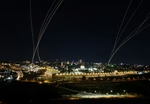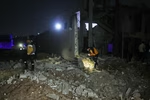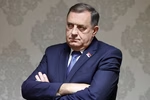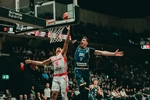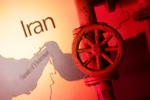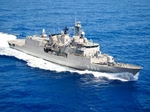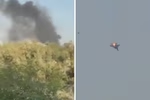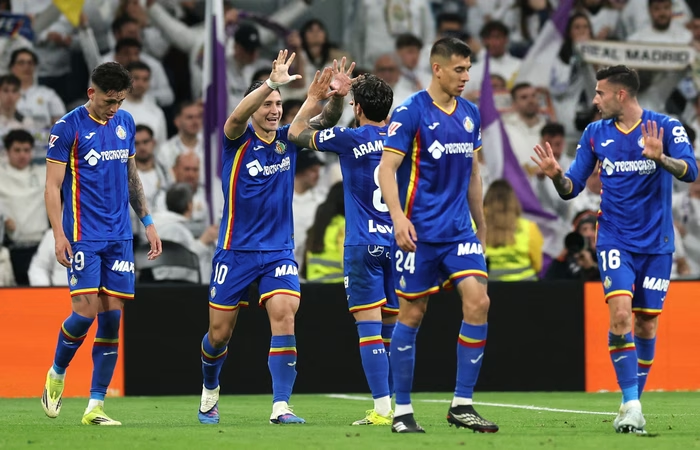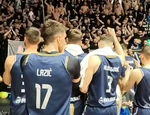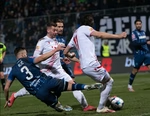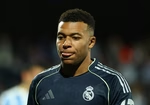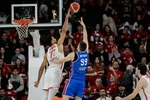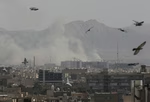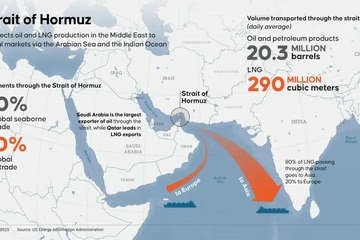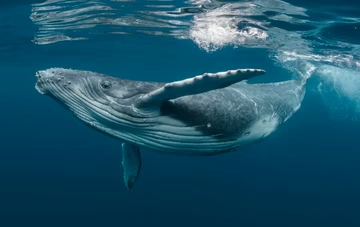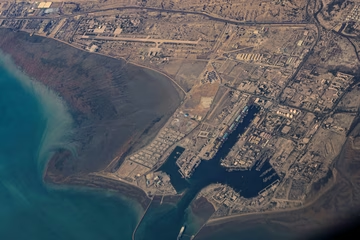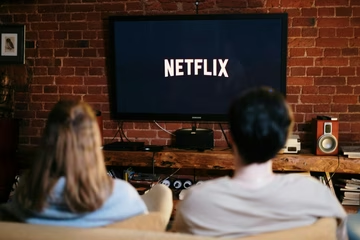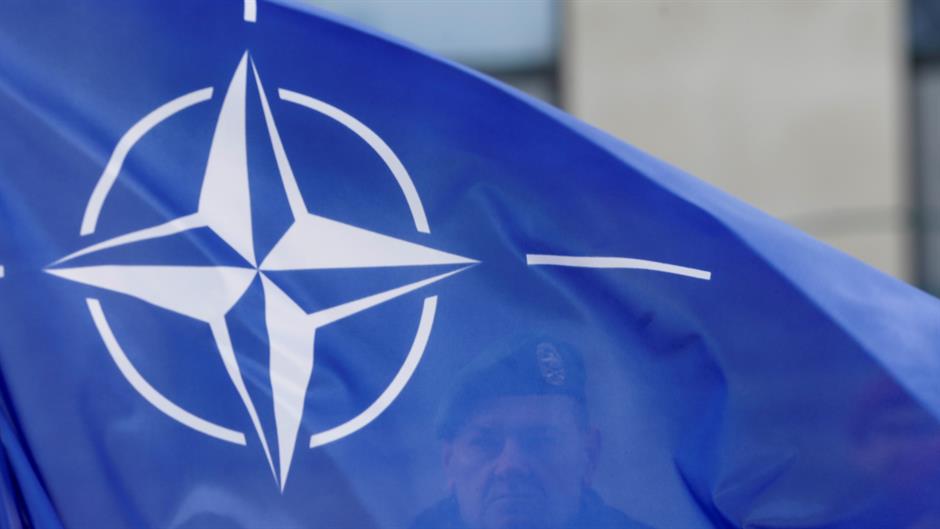
The North Atlantic Treaty Organization (NATO) is far from being brittle, but the alliance seems much less elastic than it once was. When its leaders gather this week in London they will need to stretch hard to bridge some of their differences.
US President Donald Trump doubts the alliance's purpose while French President Emmanuel Macron doubts its future. Alongside those two, we now have Turkey's President Recep Tayyip Erdogan, who is flouting its most basic tenets.
For seven decades, one fundamental principle has bound the 29 members of the North Atlantic Treaty Alliance (NATO) together: trust. NATO's Article 5 stipulates that an attack on one is an attack on all -- or to paraphrase the 19th century novel "The Three Musketeers," "all for one and one for all."
Much of that spirit of solidarity went out of the window though, when Trump entered the White House, setting the stage for some of today's tensions between the US and its allies, as well as between European countries.
Many of those same allies are now struggling to respond to Trump's disruptive moves -- and to what type of US president may follow him.
According to Jonathan Eyal, associate director of London-based RUSI and a long-time NATO expert, Britain believes Trump is an aberration and his successor will be pro-NATO. Macron, on the other hand, sees Trump as a harbinger of American policies to come, hence Europe needs to build up its own defence force.
In short, the alliance's biggest spender is its most uncertain investor, and that's spooked the whole stable.
The flouting of another NATO principle is compounding that unease. A basic given of the alliance is don't buy weapons from outside the club, and doubly, don't buy from its most aggressive adversary, Russia.
Erdogan appears to have lost that memo, or even worse, just doesn't care.
The only time Article 5 was triggered was by President George W. Bush following the September 11, 2001 terrorist attacks on the United States. Like everyone else back then, Turkey stepped up to help, which as NATO's only Muslim nation member was hugely helpful -- and significant.
But since then the autocratic Erdogan has come to power and appears to be testing not just NATO's cohesion but its entire mission.
Not only has he purchased Russia's sophisticated S400 surface-to-air missile system and toying with purchasing a flock of Russian fighter jets to complement his new rockets, but he's cosying up to Russian President Vladimir Putin politically in a way that's out of kilter with NATO's direction of travel.
As a vital bulwark of NATO's southern flank Turkey cannot be easily dismissed.
According to Eyal, while Erdogan still values NATO, he and the Turkish military "are acutely aware that if they were to leave NATO this would be a huge own goal for Turkey itself. They would be shooting themselves in the foot -- and almost literally."
Shaken to the core
In the runup to the NATO summit in London this week, the alliance's Secretary-General Jens Stoltenberg said he believed it was still fit for purpose. "If we look back at the history of NATO, we have seen disagreements before, dating back to the Suez crisis in 56 all the way to the Iraq war in 2003," he told reporters last month.
"But the strength of NATO is that despite these disagreements, we have always been able to unite around our core task: to protect and defend each other. And that's my aim. And I'm absolutely certain that we'll manage to do that also this time."
Even so, the elephant in the room as NATO leaders gather in a luxury hotel just outside the UK capital this week will be how to manage Trump. According to Eyal, he has shaken NATO to the core. "He is the first president since the Second World War to openly question the validity of the security guarantee which the United States has given the Europeans and to ask whether it is in fact in America's interest to have the alliance."
The tensions on the table this week would have been hard to imagine even a decade ago, but they've been brewing for a while.
NATO grew out of the embers of World War II but the generations upon whose sacrifice its creation made sense are dying off. Without their hard-earned camaraderie, unity is being tested by national self-interest. While Trump has been coaxed to make almost the right noises when asked about Article 5, his tweets and mercurial nature, coupled to the paucity of constraining military voices around him, inspires little confidence he would act equally with all allies, if at all.
Notably this summer, when Iran hijacked a British-flagged tanker near the Strait of Hormuz, impounding the vessel in one of its ports and detaining the crew, Trump noted that Washington had not signed an agreement with the UK compelling the US to come to Britain's aid.
Test to Erdogan's pride
Such object lessons might be shrugged off just to keep the alliance hobbling along, but outside of NATO, they are keenly observed.
When Trump shows up at NATO meetings uncertainty descends on the room, and only when he leaves do insiders say that a collective sigh escapes.
Erdogan presents a problem on a different scale.
According to one US official briefing reporters following meetings with senior Turkish officials recently, the message was made clear that buying weapons outside the club is not on.
The Turkish officials were told this could not pass without sanction: if they did it everyone else would too. While the official did not elaborate what that sanction might be, the implication is Erdogan's pride could be tested, and that may have uncertain results.
Fundamentally all the alliance's members must use compatible equipment. By buying Russian hardware Turkey not only makes that impossible, but risks giving Russia the military advantage.
Yet sanctioning Turkey may not be as easy as it sounds, Erdogan is as mercurial and calculating as Trump. NATO's handling of Erdogan will likely be to wait him out rather than provoke him, a calculation encouraged by his sliding popularity at home.
Yet any decision on Erdogan will likely be compounded by Macron's sense of urgency, that NATO needs to confront its issues today. The French President doesn't speak for Europe of course, as much as he tries to, but that alone creates another line of tension.
One person, in particular, will be happy to see signs of dissent in London: Putin, who, according to Eyal, will likely be watching Trump's tweets closely.
"It's precisely the cracks, and precisely the continued reservation which President Trump keeps on expressing," Eyal said. "It's easy to dismiss these tweets and these off the cuff remarks as mildly amusing. They're not amusing at all and especially they are very instructive for someone in the Kremlin."
The Russian President has long felt threatened by NATO, of course. Responding to his provocations is the thorniest of challenges for the alliance -- his actions in Ukraine, Syria and Libya all probe NATO's cohesion -- and this, in turn, stresses its internal divisions.
A good outcome in London would be nailing NATO's differences behind closed doors. But with Trump in the room that's not going to be easy.
Kakvo je tvoje mišljenje o ovome?
Učestvuj u diskusiji ili pročitaj komentare





 Srbija
Srbija
 Hrvatska
Hrvatska
 Slovenija
Slovenija









